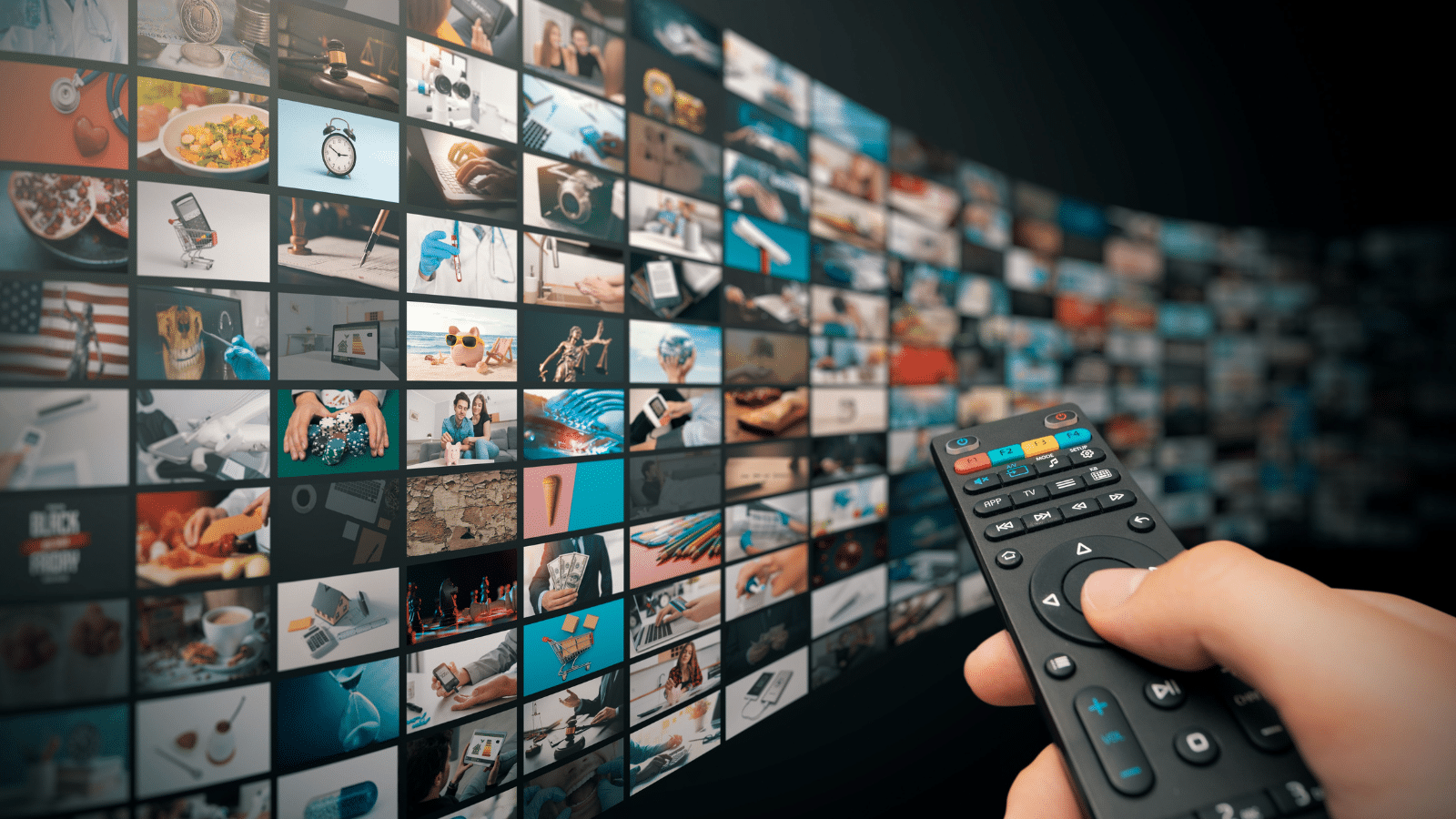In recent years, the term “woke culture” has become a hot-button topic that has stirred passionate debates, ignited controversy, and inspired countless discussions. Whether you’re a staunch advocate or a fervent critic, there’s no denying that woke culture has made a significant impact on our society. This phenomenon encompasses a wide range of social justice issues, from identity politics to political correctness, and everything in between. In this exploration, we will delve into the complex and multifaceted nature of woke culture, dissecting its various components, examining the fervent arguments on both sides, and seeking a better understanding of the forces shaping our contemporary cultural landscape. So, whether you’re a seasoned activist or just curious about the buzz, join us on this journey to unravel the intricate tapestry of woke culture.
Perceived Over-Sensitivity

Critics argue that woke culture promotes hypersensitivity, where minor offenses or misunderstandings are blown out of proportion, leading to a culture of constant vigilance and fear of causing offense. This can make some feel that it inhibits open dialogue and fosters a culture of censorship.
Cancel Culture

The practice of “canceling” individuals who express controversial views has drawn significant backlash. Critics claim it stifles free speech and can lead to mob mentality, where people are afraid to express their opinions for fear of retribution.
Identity Politics

Some people resent the emphasis on identity politics, feeling that it encourages division along racial, gender, or other lines rather than fostering a sense of unity and shared humanity. They argue that this focus on identity can lead to discrimination against those who don’t fit neatly into predefined categories.
Political Correctness

Critics contend that the strict adherence to politically correct language and behavior can stifle open and honest discussions by making people afraid to voice their true opinions, which they view as a restriction on free speech.
Guilt and Shame

Woke culture can induce guilt and shame in individuals for their privilege, which some view as a manipulative tactic that seeks to control behavior and force compliance rather than foster genuine empathy.
Cultural Appropriation

While raising awareness about cultural sensitivity, some argue that the concept of cultural appropriation has become overly restrictive, discouraging the exchange of ideas and fashion between cultures.
Virtue Signaling

Critics accuse some proponents of woke culture of virtue signaling, which means outwardly expressing support for social justice causes without taking substantial actions to back up those sentiments. This can be seen as disingenuous and insincere.
Selective Outrage

People often criticize woke culture for inconsistent outrage, where certain issues gain widespread attention while others are ignored. This can lead to accusations of bias and hypocrisy.
Binary Thinking

Woke culture can promote a black-and-white perspective on complex issues, failing to acknowledge nuances and making it difficult to engage in productive discussions that consider all sides of an argument.
Deplatforming and Censorship

The removal of content or individuals from social media platforms and public forums due to perceived violations of woke culture norms can be viewed as suppressing dissenting voices and limiting free expression.
Call-Out Culture

Publicly calling out individuals for their mistakes or misjudgments, even when they have apologized or shown remorse, is seen as punitive and counterproductive, discouraging people from learning and growing.
Radical Ideology

Some critics argue that woke culture can be associated with extremist or radical ideologies that alienate more moderate individuals and make them feel excluded or unwelcome.
Division Within Communities

Woke culture can sometimes lead to divisions within minority or marginalized communities, with different groups competing for recognition or resources, creating tension and fragmentation.
Focus on Symbolism

Critics claim that woke culture often places too much emphasis on symbolic gestures and performative activism rather than addressing systemic issues that require substantive change.
Us vs. Them Mentality

The divisive language and categorization of individuals as “oppressors” or “oppressed” can create an “us vs. them” mentality, fostering resentment and making constructive dialogue difficult.
Infiltration of Entertainment and Media

Some people dislike how woke culture has influenced entertainment and media, leading to perceived forced diversity and social justice messaging in a way that feels contrived and inauthentic.
Perceived Hypocrisy

Critics argue that some prominent advocates of woke culture often do not practice what they preach, leading to accusations of hypocrisy, which can erode trust in the movement’s leaders.
Lack of Focus on Individual Responsibility

Woke culture is sometimes criticized for placing the burden of societal change solely on systemic structures and not enough on individual responsibility, which some see as a failure to encourage personal growth and accountability.
21 Things That Shout You’re “Lower Class” According To Men

Class wars creep up in all aspects of life, including dating. We take a look at the things that men believe are telltale signs that you are lower class.
21 Things That Shout You’re “Lower Class” According To Men
Boomer Zoomers vs. Millennial Meh: 10 Cars the Older Gen Loves but Millennials Just Can’t Stand

The change in the automotive industry has been incredible over the year. Baby boomers born between 1946 and 1964 can’t get enough of the cars listed below, as muscle cars emerged in the 1960s, and new technologies appeared in the 1970s and 1980s. You can imagine why boomers genuinely appreciate these vehicles.
Boomer Zoomers vs. Millennial Meh: 10 Cars the Older Gen Loves but Millennials Just Can’t Stand
Across the Pond Disdain: 18 Horrendous American Habits Foreigners Just Can’t Stomach

There is a lot to love about America, from the bright lights of New York to the incredible breakfasts, but foreigners also dislike many things. We look at everything from poor public transport to an intimidating tip culture, sharing 18 things that America could be better at.
Across the Pond Disdain: 18 Horrendous American Habits Foreigners Just Can’t Stomach
Out with the Old: 18 Gen X Fads That Millennials and Gen Z Just Can’t Vibe With

While some old habits die hard, there are some things that Gen X need to eliminate as they are no longer relevant.
Out with the Old: 18 Gen X Fads That Millennials and Gen Z Just Can’t Vibe With
18 Unpleasant States You Might Want to Skip on Your Next Trip

When thinking of America, we don’t expect there to be boring or unpleasant places to visit. We see all the different states on the TV, and they show the best parts. However, there are some states you won’t want to visit, and you should brace yourselves if you ever happen to stumble into them.
18 Unpleasant States You Might Want to Skip on Your Next Trip






